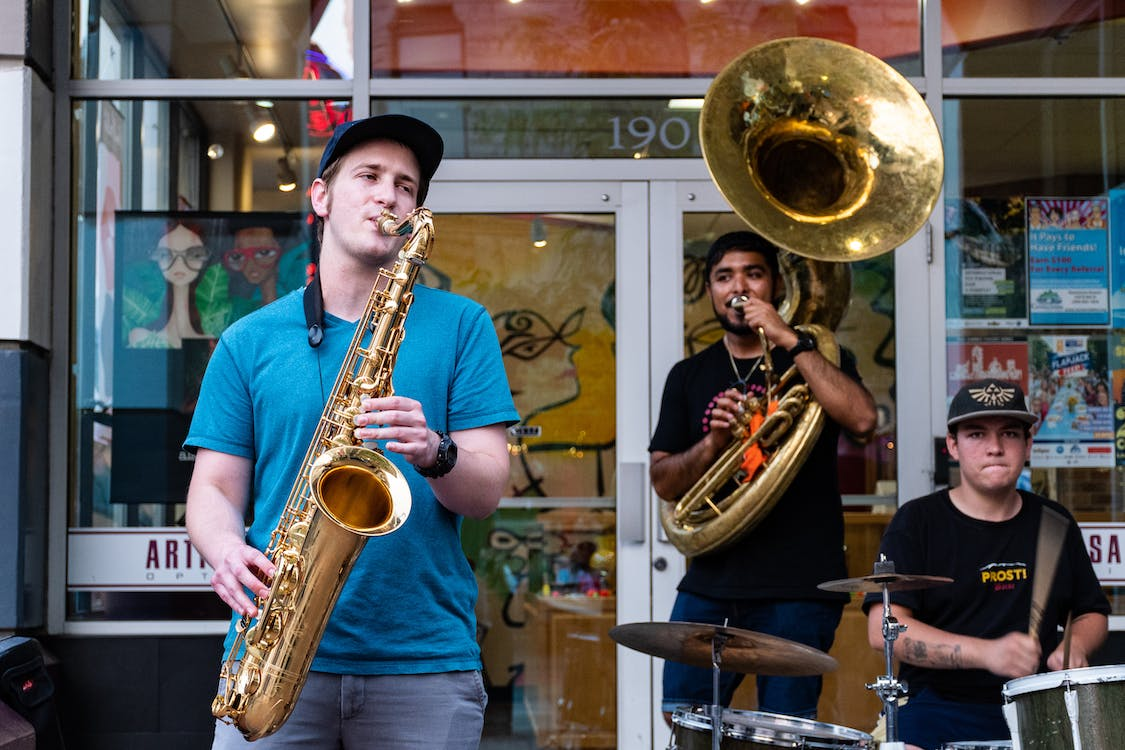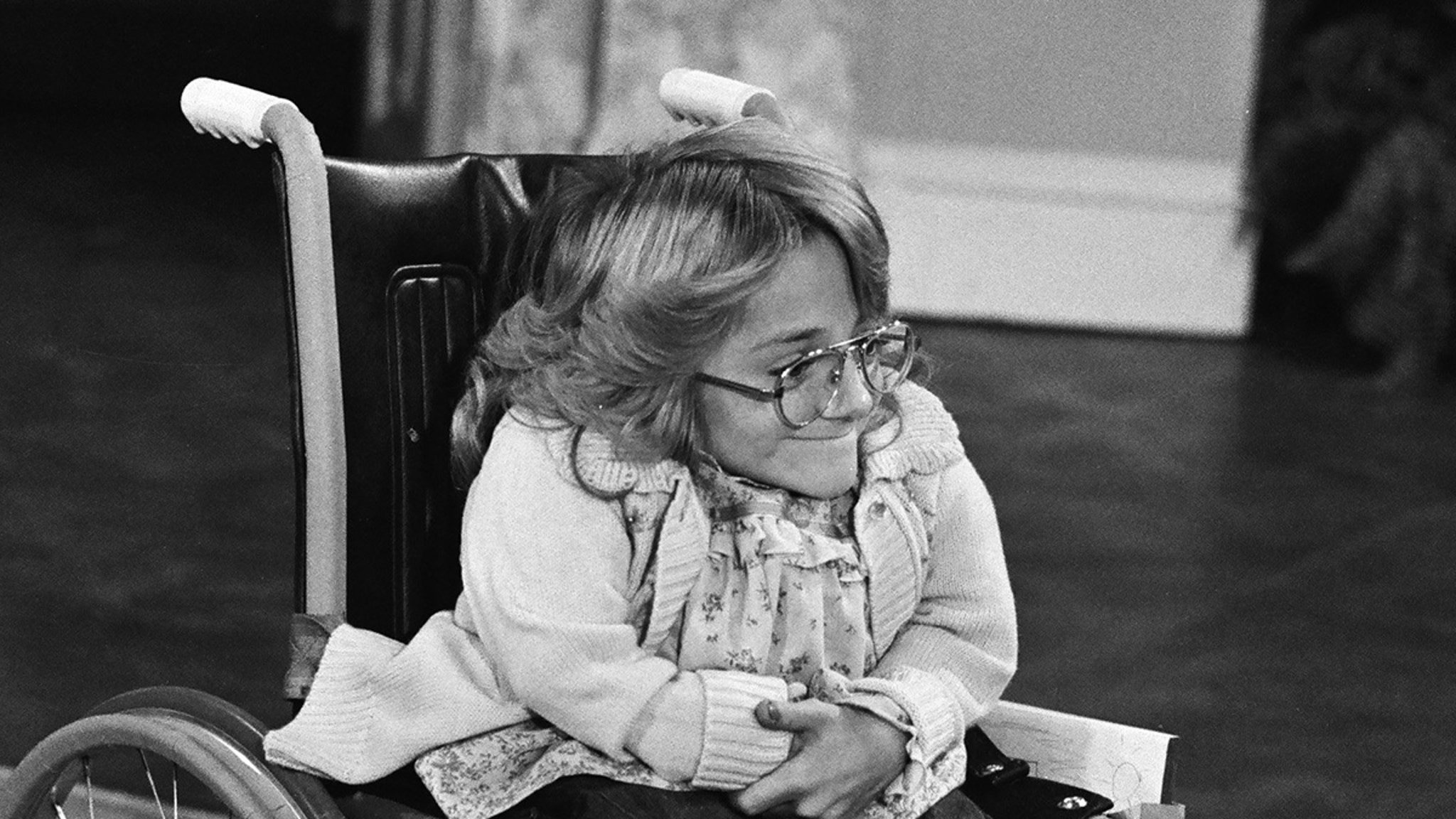
Jazz music composition is a complex art form with a rich and diverse history. It requires creativity, technical skill, and an understanding of musical theory to be successful in this genre. Jazz has influenced many other genres of music throughout the years, from pop to hip-hop. Aspiring composers must learn the fundamentals of jazz music before they can start writing. Here are some tips for jazz composition:
Understand the Basics of Jazz Theory
It is essential to understand the fundamentals of improvisation, chord progressions, and solo construction in order to write successful jazz music. Before attempting to compose a jazz piece, it is important to become familiar with basic scales and chords as well as the structure of jazz compositions. Taking a course in music theory is an excellent way to gain an understanding of jazz fundamentals. You can also learn by listening to jazz recordings and studying famous jazz compositions. Try to identify the scales, chords, and other components that make up the song. Once you have a basic understanding of jazz theory you will be able to start writing your own pieces.
Learn from Great Jazz Composers
Listen to some of the greats, such as Duke Ellington, Charlie Parker, and Miles Davis, and get inspired by their unique styles. By listening to and analyzing their work, you can gain insight into the techniques used to create a successful jazz composition. By studying great composers, you can also learn how to craft unique melodies and harmonies that will captivate your audience. Namely, whether you decide to consult insightful articles like Composing Music Tips: How To Write A Jazz Song, or learn from your own experience and mistakes, studying the work of great jazz composers can be beneficial for any aspiring composer. Also, seek out recordings of modern jazz composers and pay attention to their innovative ideas. Perhaps you can find inspiration in their experiments and draw from them for your own compositions. When you are able to identify the components of successful jazz compositions, you are well on your way to creating something special.
Use Your Ear To Write
Listen carefully to your own ideas and make sure they sound right before committing them to paper. Jazz composition is an art form that requires a great deal of listening and trial-and-error in order to produce polished pieces of music. To ensure your jazz compositions are successful, it is important to acquire the ability to use your ear to detect any errors or imperfections in the melody.
When your ear is trained to pick out these mistakes, it will be easier to identify and fix them in your compositions. A good idea to practice this skill is to record yourself playing and then listen back to the recording. In case you notice any issues, you can adjust them before committing the music to paper.
Experiment With Different Sounds
Jazz music is all about exploring new sounds and textures. Experiment with different instruments, tempos, and harmonies to create a unique soundscape. When writing jazz, you should also be open to using unexpected musical devices such as odd meters or unusual chord progressions. By challenging yourself to try something new, you can expand your creative horizons and write truly original jazz music.
A good idea if you're struggling to come up with new ideas is to try writing a piece in a style you are unfamiliar with. Doing so will force you to think outside the box and explore different techniques that can be used for jazz composition. Make sure to listen to the results and adjust them until they sound just right. Repeating this process can help you develop your own distinctive style of writing jazz music.
Practice and Rehearse

As with any musical genre, practice and rehearsal are essential for writing successful jazz compositions. Take your time to perfect your ideas before performing them in front of an audience. You may want to work with a band or other musicians while you are composing in order to get feedback on your work and gain valuable advice from other experienced players.
For instance, ask a bass player to listen to your piece and provide comments on possible changes. Doing this can help you further refine the composition and give it a more polished feel.
Perform Your Music
The best way to get feedback on your jazz compositions is by performing them live. Invite friends and family over to listen, or attend an open mic night at a local jazz club.
You can also enter competitions and showcase your music in front of industry professionals for further constructive criticism. Performing your music gives you the opportunity to gain invaluable feedback and network with other jazz musicians. When performing, make sure to keep the audience engaged and interact with them as much as possible. This will help you build an engaging performance that people will remember, and it can also help you gain more recognition for your work.
If there are other musicians on stage, take the time to collaborate with them and improvise together. This can help you develop your playing skills and add a unique flair to your compositions.
Distribute Your Music

Once you have developed your jazz compositions, it is time to distribute them online for others to hear. Uploading your work on streaming services such as Spotify and Apple Music can help you build a bigger audience and gain more recognition for your music. You may also want to consider creating physical copies of your music in the form of CDs, cassettes, and vinyl records. These can be sold at gigs or online for people to purchase. If you're feeling ambitious, you can even organize a tour and perform your music across the country.
Moreover, you can also look into options for getting your music published in different media outlets. This can give your work more exposure and help you gain a larger fan base of jazz enthusiasts. Once you have gained enough recognition, you can even consider releasing your own record label. All these options will help you share your music with a larger audience and make a name for yourself in the jazz world.
Put these simple suggestions into practice, and you will soon be composing world-class jazz music. Remember, there is no substitute for hours of devoted practice; the more time spent writing, the greater your skill in creating incredible compositions becomes. Dare to take risks that bring out your creative side - this is what makes jazz unique! Invest yourself fully and with dedication, and you can produce awesome pieces that captivate every listener.




















